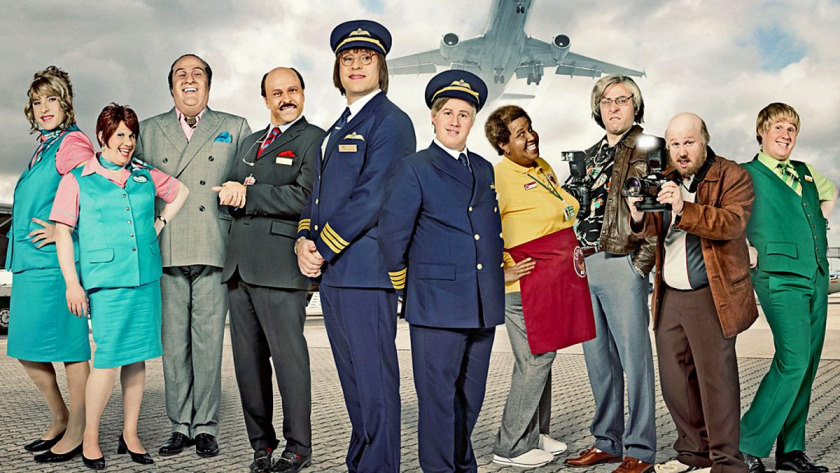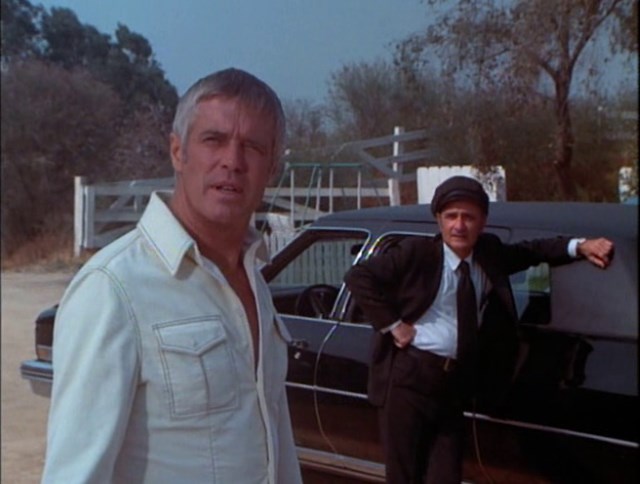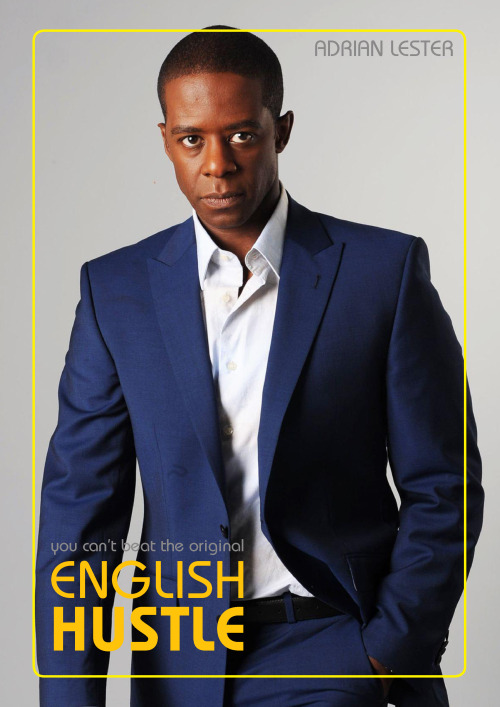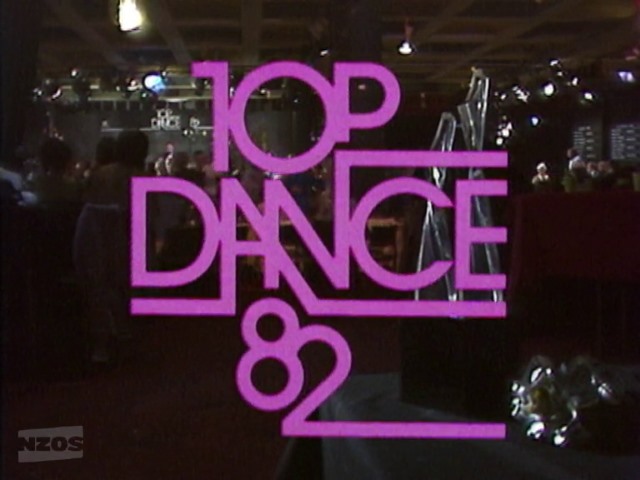Gillian Anderson, Chicago-born, star of The X Files, grew up in North London and speaks with an accent that’s closer to Britain than the States. I noticed that she gets quite a bit of flak for this on YouTube comments, which is rather sad, perhaps revealing more about those who criticize her than anything else. (See the above video from 1’15”.)
Critics say that when she’s on The Tonight Show or the less watched one with the cranky old guy, she has an American accent. To me, that makes sense.
It’s not about “putting it on”. It’s because Anderson subconsciously switches between the two, because she’s had time in both countries.
The story, as she tells it, was when she got back to the States at age 11, she had an English accent and wanted to hang on to it ‘because it made me different’. However, she learned to speak with a midwestern one, though it is not her natural accent. In my world, we all do this.
I remember when I was once in London, the cabbie could not understand me when I asked him to take me to Waterloo Station. I summoned up my best Dennis Waterman and put in a guttural stop, asking for ‘Wa’erloo Station’, and there was an immediate understanding.
Anyone who has grown up in two countries, or in two cultures, will have a very different approach to accents than those who grew up in one.
I tend to waver between British and Kiwi for a number of reasons, mostly unconsciously. I’m typing this after getting off the phone to my friend Marie, who hails from Nottinghamshire. My colleagues here have often laughed at me when they overhear us because I go slightly northern without intending it.
The fact is, despite having been raised in New Zealand for most of my childhood, I don’t have a natural accent.
If the theory that your most impressionable years for learning to talk are between two and four, then I can say, hand on heart, that my exposure to spoken English was minimal: I was in a British colony where 99 per cent of spoken communication was Cantonese, though we learned some English at kindergarten. There were imported TV programmes but my parents and grandmother tended to watch the dubbed stuff.
Ms Anderson was in London two to eleven, and that explains a lot.
After moving to New Zealand, we never spoke English in the home. My godparents were English, one of my best friends at school was English, and one of the teachers I was close to at school was English. What was on telly back in those days? Mostly British programmes: The Brothers, Rainbow, Jamie and the Magic Torch, The New Avengers, Return of the Saint, etc.
Unlike most Kiwi kids, my exposure to Received Pronunciation through media and family friends was not balanced by New Zealand-accented speakers around me. By the early 1980s, I would guess my accent was a mixture, which accounts still, 30 years on, for people asking if I had spent time in Britain or have some greater connection with the country than I actually do.
By the time more American programmes began here, I believe my impressionable stage had passed. I have met one New Zealander who speaks with an accent closer to American, though I didn’t get to ask why. It wouldn’t surprise me if her story was not unlike my own.
The fact I speak in the lower registers might make me sound more well spoken than I really am. When I really try to listen to myself, I hear a strong Kiwi twang, but others don’t seem to.
By the time I was at uni I was embarrassed by the subconscious switching, which I couldn’t control. I attempted to sound more Kiwi—logically, since I was raised here, my accent should reflect that—but to this day, it jumps all over the place.
The only accent I can actually “do”, as in switch with intention, but effortlessly so, is Scottish English, which I label ‘lower-register Aberdeenshire’—I’ve even been hired to MC a céilidh on one occasion.
So poor Gillian, speaking so properly and still, many, many years after she was 11 and heading back to the midwest, still gets criticized for it.
But there you are: this world is a big place and people have many reasons for speaking the way they do—and don’t deserve accusations of faking the way they speak.







Actually, this makes sense to me since I thought her General/Midwestern American accent sounded a bit strained… you know, that strained that we had talked about before.
(You probably surmised I’d comment… I just find linguistics so fascinating)
As for myself, I recall having mingled accents in two languages: stop me if I’m mentioned it before.
I was working at a K-mart some years back when a co-worker told me my accent in Spanish was bizarre. I hadn’t realized it, but apparently, my selection of phrases and the accents I used for them were a mishmash of regionalisms. I’d picked them up from friends that were from or had spent time in many different parts of Latin America. Nowadays, my accent has settled to something more Mexican, as that is the dominant Hispanic group in our area.
I’m sure the Internet and the mass media at large has influenced my English; I notice myself using all sorts of regionalisms that aren’t well represented here.
I’ve also seen creeping influences just in online gaming. I’ve had several conversations with American gamers in the British MMO I play, noting that they are starting to use more British English, not just in vocabulary, but for differing syntax and grammatical content in contractions. They’ll say “I’ve not” when it’s typical for Americans to say “I haven’t”. It gets even weirder when I find Europeans saying “y’all” and “son” in their gaming trash-talk.
(I pine for the day when more Brits realize there are more American accents than just General American and Southern.)
My family seems to affectate accents pretty easily– we just pick them up for some reason. When my sister took a trip to Paris and London for a student exchange, I can still remember her calling and saying “Hello, is Mum there?” when she’d never used a British accent before. I also had a cousin that married a Brit and moved to Reading; my aunt and uncle accused her of faking a British accent, too.
I never really thought about it till I caught these British TV clips, but you are right: now you mention it, she does sound slightly strained.
Interestingly, David Duchovny notes that his co-star spoke with a standard American accent when filming the original series and the first film, but spoke with a British one off-set when making the second. That makes sense to me, too: by the time of the second she was living full-time in Britain, married to a British husband. By then, it’s harder to shake off.
I hadn’t heard your story before but that is very interesting. I speak with a 1970s Cantonese so the locals in Hong Kong now say I have an accent. I tell them: ‘No, I’m right. The eight million of you have an accent.’ (I understand that Bostonians have something closer to the English accent of the 1600s and 1700s than Britons have today, for a similar reason: the evolutionary influences around them were removed.)
When my friend Stanley Moss was here over the last week of 2010 and the first of 2011, I explained to him the media’s effects. Gas station is understood by all New Zealanders, so while petrol station is the correct term, no one blinks an eyelid or thinks of “American imperialism” when the other is used. Interesting about I’ve not among your gamers though—that hasn’t found its way down here yet.
I will sometimes use y’all but I have spent time on your shores, too; as to son, that is not uncommon in British English, but it has a different sense to its usage in American English. (You’ll find old son in British English, too.)
I think we all have accents rub off on us and it’s simply a matter of degree. For some people it’s very subtle; for others, it’s full-blown. I tend to be in the middle depending on where I am—the change is very subtle when in the US or Canada but it gets very English around Brits.